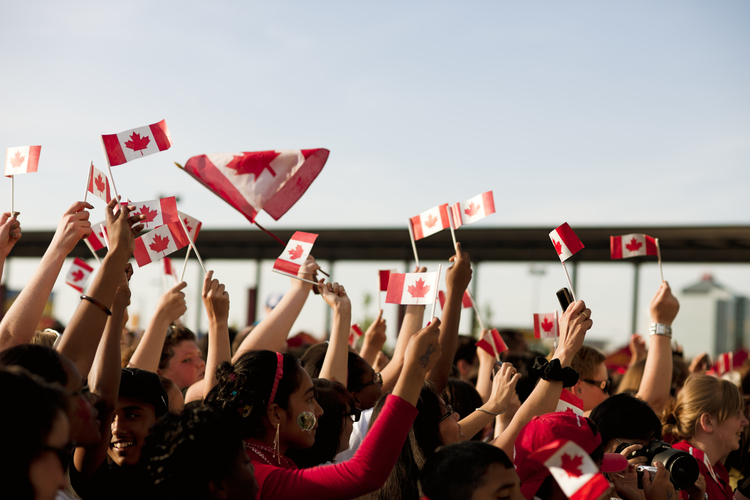Could Canada Annex Alaska? Exploring the Possibility of a Northern Merger
No Time? No Money? No Problem! How You Can Get international manufacturing hubs like Vietnam With a Zero-Dollar Budget…
25 mayo, 20255 Things Everyone Gets Wrong About international manufacturing hubs like Vietnam…
25 mayo, 2025Could Canada Annex Alaska? Exploring the Possibility of a Northern Merger
Could Canada Annex Alaska? Exploring the Possibility of a Northern Merger
By [Your Name]
In a world where geopolitical boundaries are constantly shifting, one question has occasionally surfaced in academic and political circles: Could Canada annex Alaska? The idea may seem far-fetched at first glance, but a closer examination reveals a fascinating interplay of history, economics, and diplomacy that makes the notion worth considering—even if only hypothetically.
A Historical Prelude
Alaska, now the 49th state of the United States, was once a Russian territory until its purchase by the U.S. in 1867 for $7.2 million. At the time, the deal was ridiculed as “Seward’s Folly,” named after then-U.S. Secretary of State William H. Seward. If you have any sort of questions relating to where and the best ways to utilize annex canada meaning, you could contact us at the page. Few could have predicted the strategic and resource-rich value Alaska would later hold. But what if history had taken a different turn? Before the U.S. acquisition, Russia had briefly explored the possibility of selling Alaska to the British Empire, which controlled present-day Canada. Had that transaction occurred, Alaska might today be part of Canada by default.

Geographic and Cultural Ties
Geographically, Alaska shares a 1,538-mile border with Canada’s Yukon and British Columbia, making it more contiguous with Canadian territory than the contiguous United States. The cultural ties between Alaska and Canada, particularly in the northern regions, are also significant. Indigenous communities such as the Inuit and Tlingit span both sides of the border, sharing languages, traditions, and familial connections. Economically, Alaska’s trade with Canada, particularly in energy and transportation, is robust. These factors could theoretically make integration less disruptive than one might assume.
Legal and Diplomatic Hurdles
However, the legal and diplomatic challenges to such an annexation would be monumental. The U.S. Constitution does not provide a mechanism for a state to secede, let alone be annexed by another country. Any attempt would require a constitutional amendment, which is a lengthy and politically fraught process. Internationally, the United Nations Charter emphasizes the principle of territorial integrity, making it unlikely that the international community would support such a move without the consent of the U.S. and Alaska’s residents.
Economic Considerations
From an economic perspective, Alaska’s wealth of natural resources—oil, gas, minerals, and fisheries—would be a boon for Canada. However, the U.S. would be unlikely to relinquish such assets without significant compensation or compelling strategic reasons. Additionally, Alaska’s reliance on federal subsidies and infrastructure investments from the U.S. government would pose integration challenges for Canada, which would need to assume those financial responsibilities.
Public Opinion and Identity
Public opinion in both Alaska and Canada would be a critical factor. Alaskans pride themselves on their unique identity, which blends American individualism with a frontier spirit. While some might appreciate closer ties to Canada, others would likely resist any change in sovereignty. Similarly, Canadians might be divided on the issue, with some welcoming the expansion of territory and resources, while others could balk at the costs and complexities involved.
A Thought Experiment
Ultimately, the idea of Canada annexing Alaska remains a thought experiment rather than a plausible scenario. Yet, it serves as a reminder of how historical accidents shape modern borders and how interconnected neighboring nations can be. In an era of climate change and shifting Arctic dynamics, cooperation between Canada and Alaska—whether or not they share a flag—will be more important than ever.
Conclusion
While the annexation of Alaska by Canada is highly unlikely under current circumstances, the discussion highlights the deep ties between the two regions and the intriguing “what ifs” of history. For now, Alaska remains a vital part of the United States, and Canada a friendly neighbor. But in the ever-evolving landscape of global politics, the future is never set in stone.
